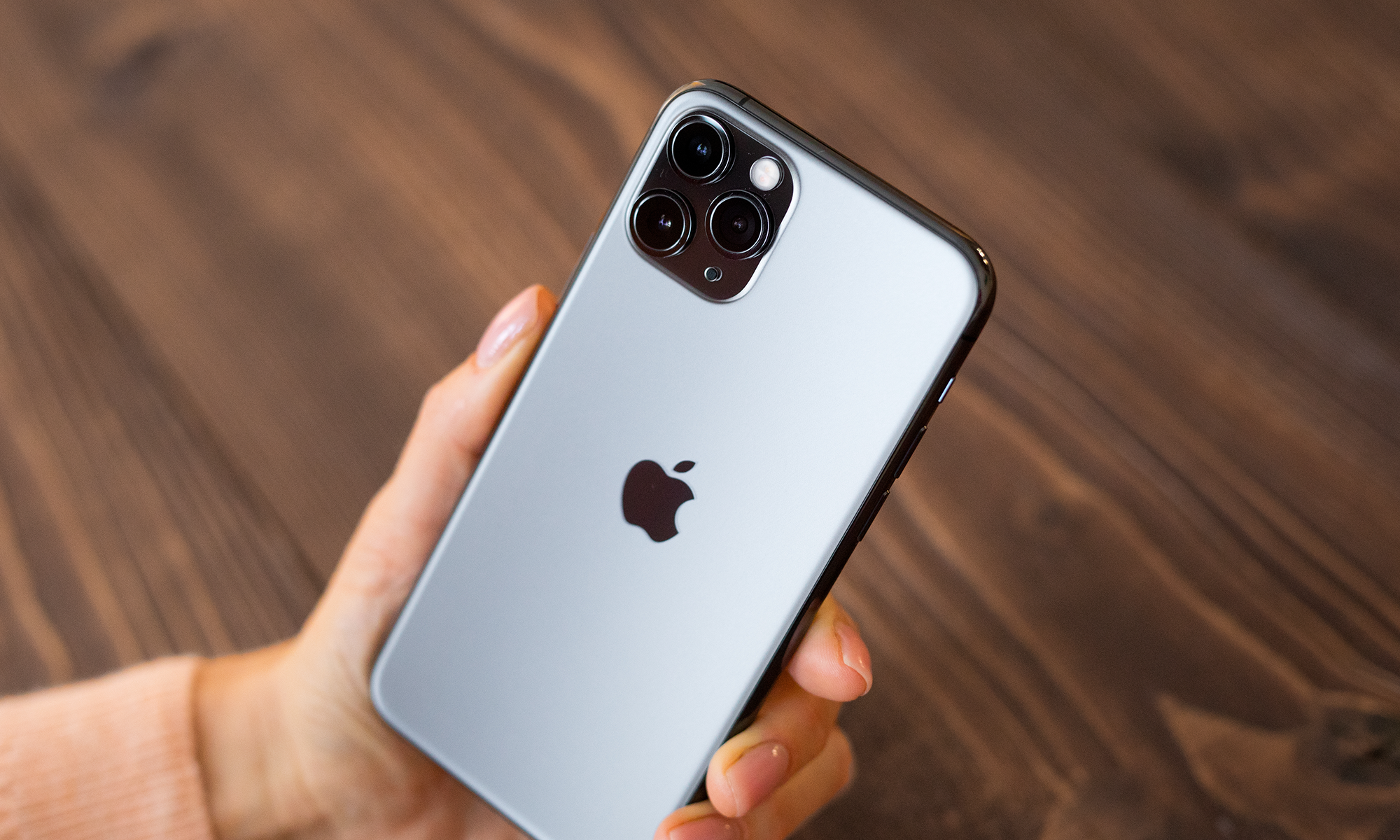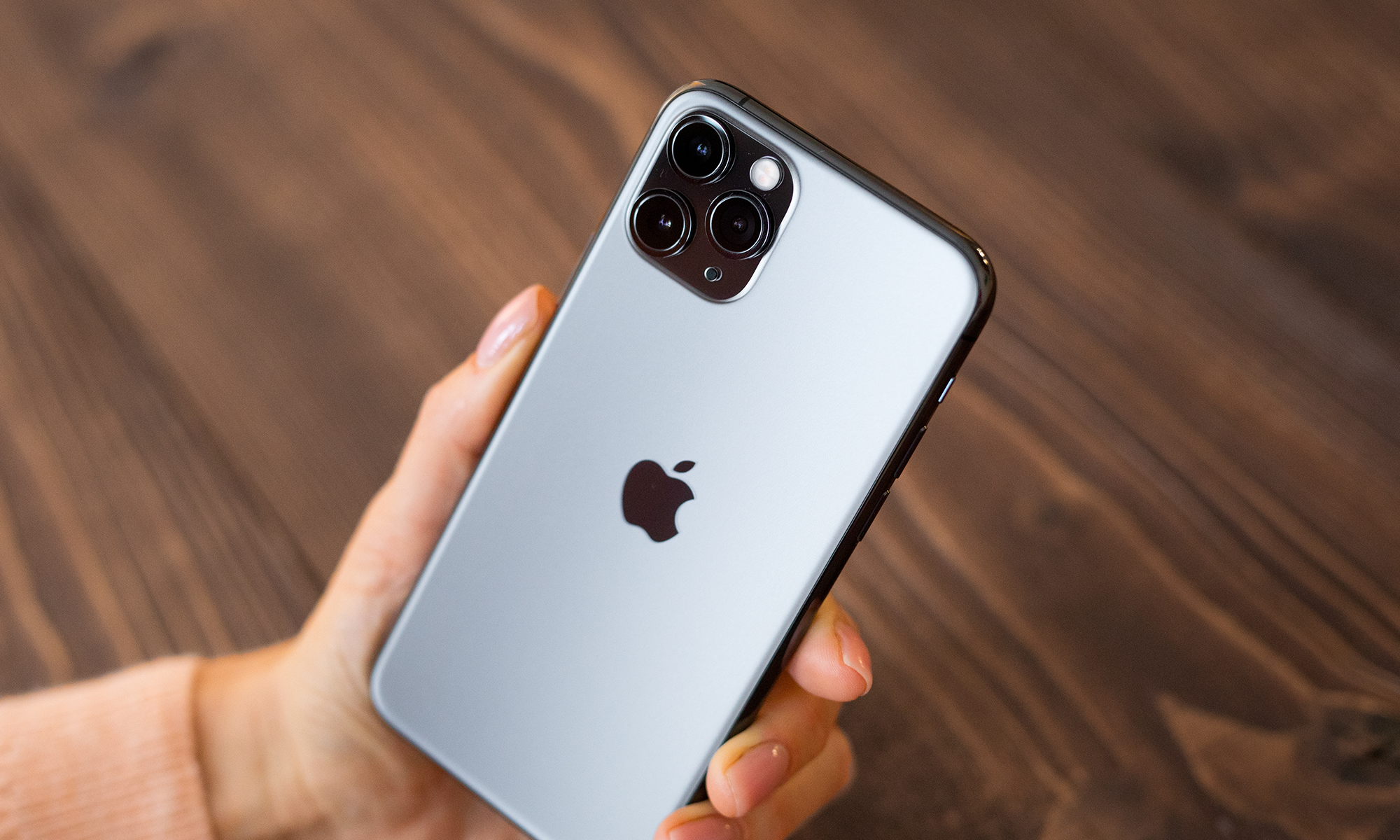Nuance Communications (NUAN +0.00%) reportedly powers Apple's (AAPL 0.56%) voice recognition software. But Apple may soon be taking Siri into its own hands, ditching Nuance and building its own speech recognition team, according to Wired magazine.

Siri in action. Image source: Apple.
Taking Siri to the next level
Last year, Apple poached Alex Acero, a top manager from Microsoft's research arm who spent nearly 20 years at the software giant researching speech technology. Today, he holds a position as senior director in Apple's Siri group. The move was one of several that has led Microsoft's head of research, Peter Lee, to believe that Apple has formed its own speech recognition team.
Apple has even poached several researchers and managers from Nuance, according to Wired. "They're building a very strong team for speech recognition research," postdoctoral researcher at the University of Toronto Abdel-rahman Mohamed told Wired.

Siri in action. Image source: Apple.
Apple's move to ditch nuance comes just at the right time. Google and Microsoft are both arguably ahead of Apple's Siri in speech recognition.
Wired's Robert McMillan argues that this is likely strongly related to the fact that Siri isn't backed by the superior neural nets technology that Google and Microsoft use. "[N]eural network algorithms are hitting the mainstream, making computers smarter in new and exciting ways" -- and now Apple needs to catch up.
An update will likely come soon
MacRumors asserts that the upcoming iOS 8, scheduled for a launch this fall, still features the technology provided by Nuance. So, investors shouldn't expect Apple to upgrade the speech recognition software in the next few months. But considering the relative drawbacks to Siri compared to neural network-backed speech recognition, it's likely that Apple is putting lots or resources to bringing a solution as soon as possible.
Anyone who has used both Google's neural network-backed Google Now and Apple's Siri likely notice the clear difference: Google Now is significantly more effective at understanding speech.
How does neural technology work? Long story short, the key advantage over Siri is its better at training itself to recognize language, meaning far less direct human training is needed. This is obviously a key advantage -- one Apple needs to close the gap on.
And Apple has incentives beyond competition to take the software in house. With Apple's increasingly robust ecosystem of software, services, and hardware, a completely Apple-integrated Siri could enable a greater level of interaction with Apple's user data. For instance, Siri could become better at taking into consideration the data retrieved from apps, Apple's motion coprocessor, iTunes Radio listening habits, etc.

Proficient speech recognition will especially be important when Apple's CarPlay hits the road. CarPlay will use Siri to enable eyes free tasks while driving. Image source: Apple.
Just as Apple did with its mobile processor business, bringing speech recognition completely in house will likely lead to greater flexibility and more rapid evolution. On the other hand, there's obviously the risk that Nuance ends up outperforming Apple's internal team in the coming years. But given the robust team of talented individuals that Apple has recruited, such an outcome is unlikely.






